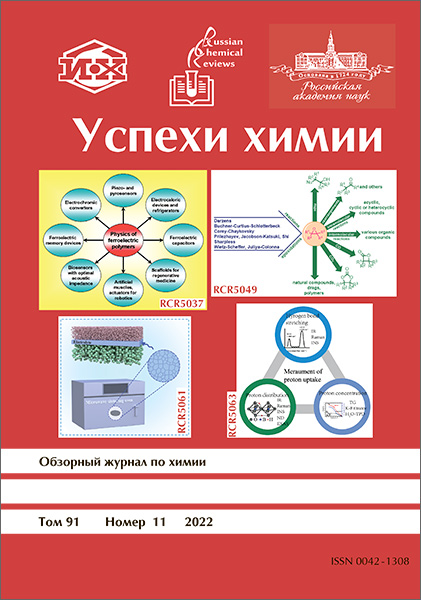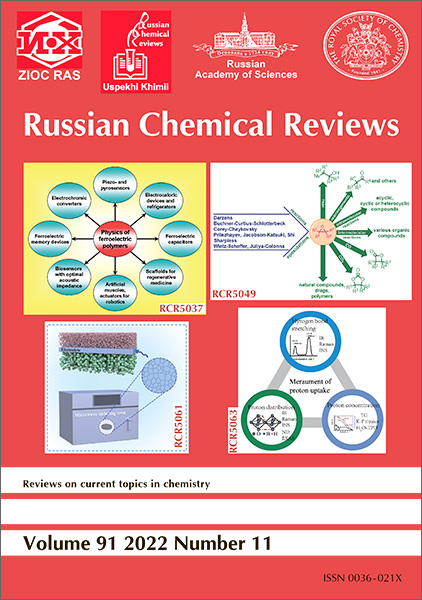|
This article is cited in 20 scientific papers (total in 20 papers)
Microwave heating technology for electrolytes of solid oxide fuel cells
Shoufu Yu, Yueyuan Gu, Lei Bi
School of Resource Environment and Safety Engineering, University of South China, Hengyang, China

Abstract:
The performance of the electrolyte material, being the core component, directly affects the output performance and working temperature of solid oxide fuel cells (SOFCs). However, when conventional high-temperature heating methods are used to prepare electrolytes, many problems arise such as uneven grain growth and element evaporation. To solve these problems, microwave heating (MH) is widely used in the preparation of SOFC electrolytes because of its fast and uniform heating. In this review, the application of MH technology in the preparation and sintering densification of precursors of oxygen ion-conducting SOFC (O-SOFC) electrolytes and proton-conducting SOFC (P-SOFC) electrolytes is reviewed. Furthermore, the superiority of MH technology over conventional heating (CH) technology is emphasized. Examples of high-performance electrolyte materials prepared by microwave sintering are presented. In addition, we also identify various issues that arise with the use of MH technology in the preparation of electrolytes and discuss the future research directions for the application of MH technology in the preparation of electrolytes. The purpose of this review is to draw the community's attention to the application of MH technology to solid oxide fuel electrolytes and to provide valuable guidance for the future development of SOFCs.
The bibliography includes 175 references.
Keywords:
solid oxide fuel cells, solid state electrolytes, microwave heating, conventional heating, microwave-assisted sintering, densification process, grain growth.
Received: 01.08.2022
Citation:
Shoufu Yu, Yueyuan Gu, Lei Bi, “Microwave heating technology for electrolytes of solid oxide fuel cells”, Usp. Khim., 91:11 (2022), RCR5061; Russian Chem. Reviews, 91:11 (2022), RCR5061
Linking options:
https://www.mathnet.ru/eng/rcr4407https://doi.org/10.57634/RCR5061
|


| Statistics & downloads: |
| Abstract page: | 100 |
|






 Contact us:
Contact us: Terms of Use
Terms of Use
 Registration to the website
Registration to the website Logotypes
Logotypes








